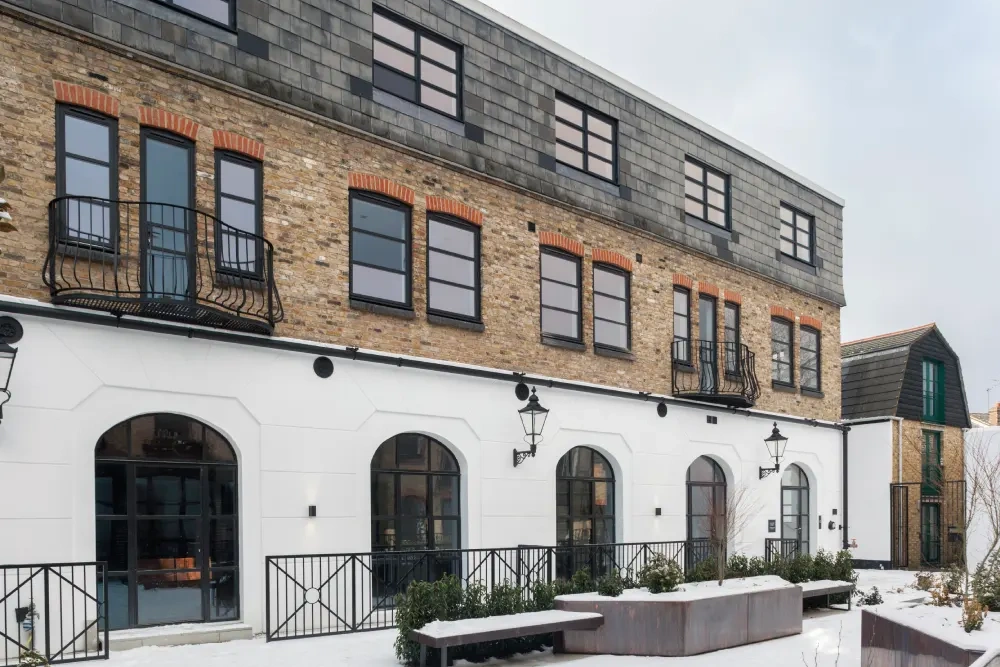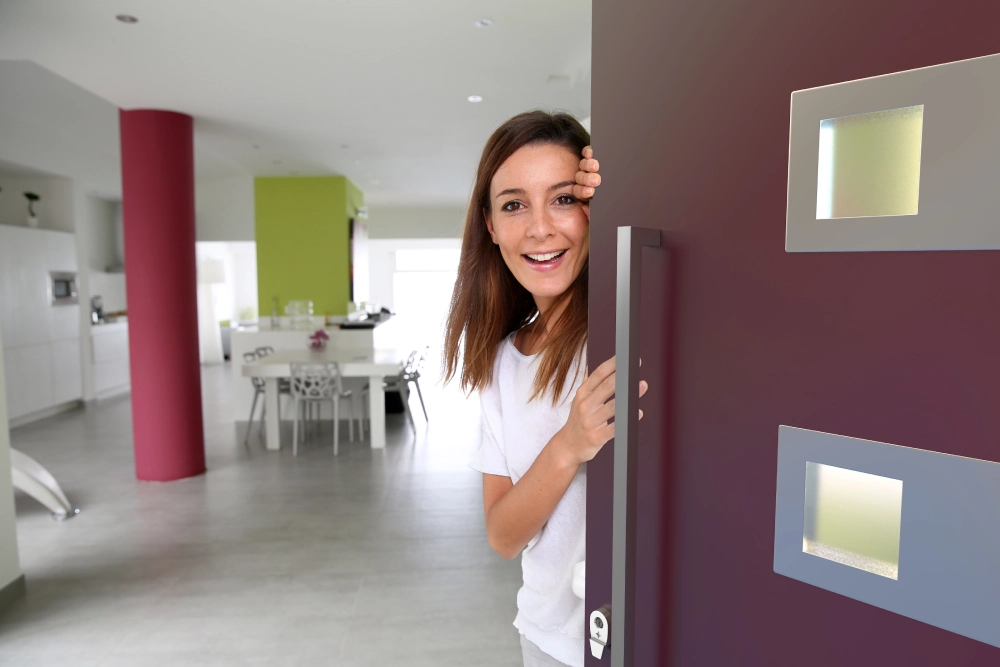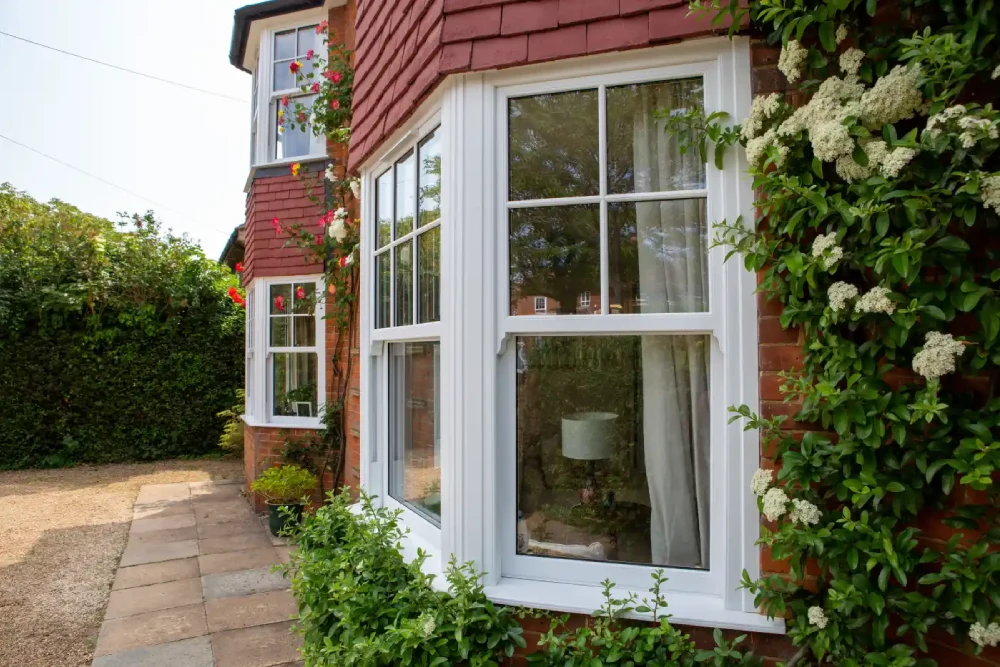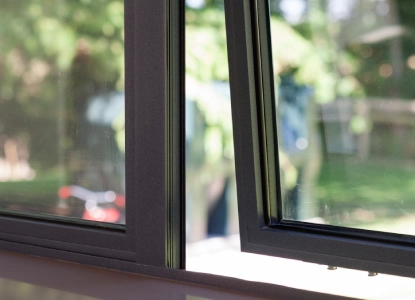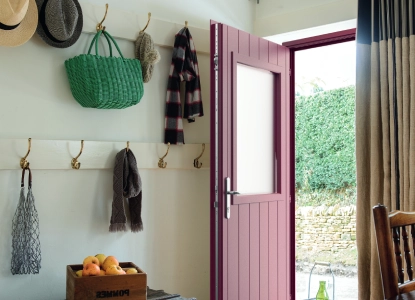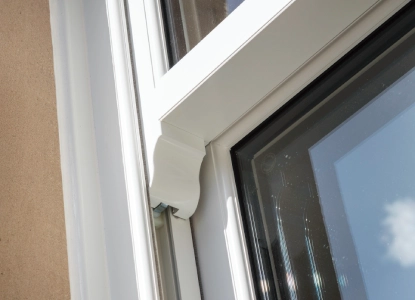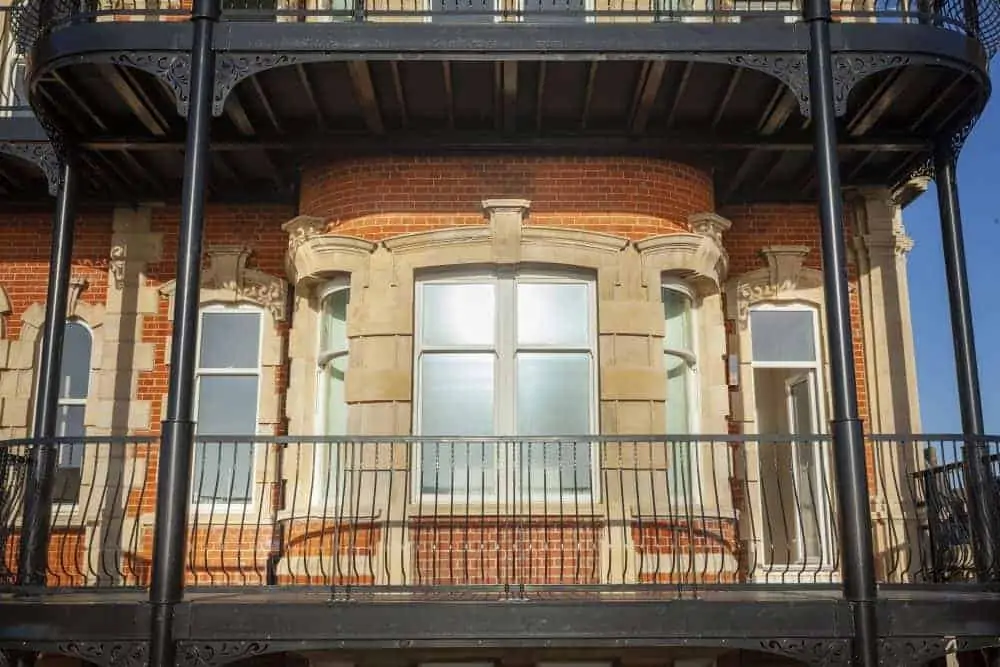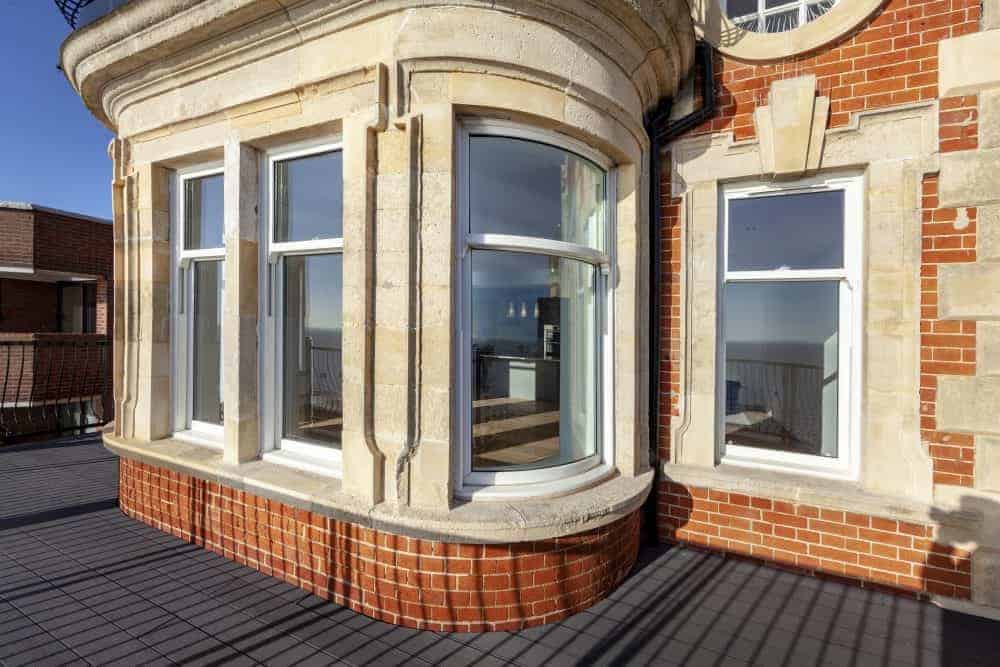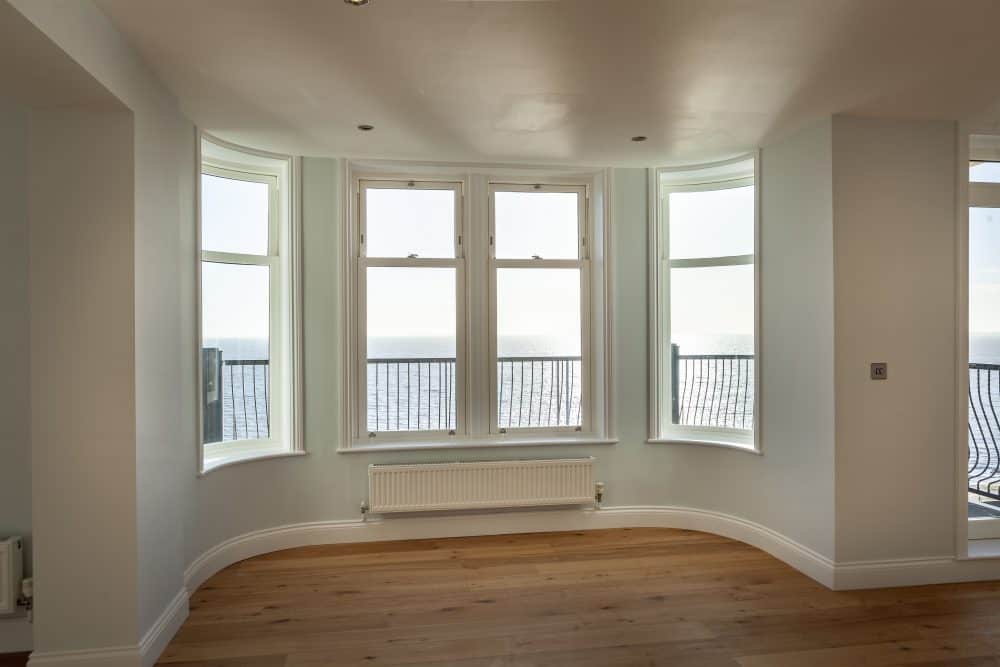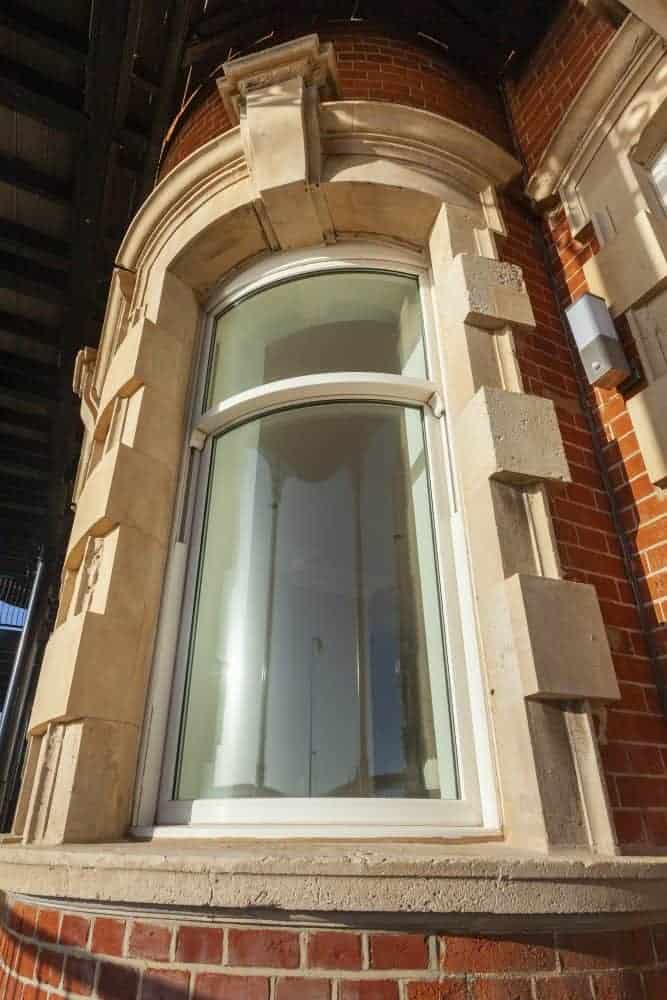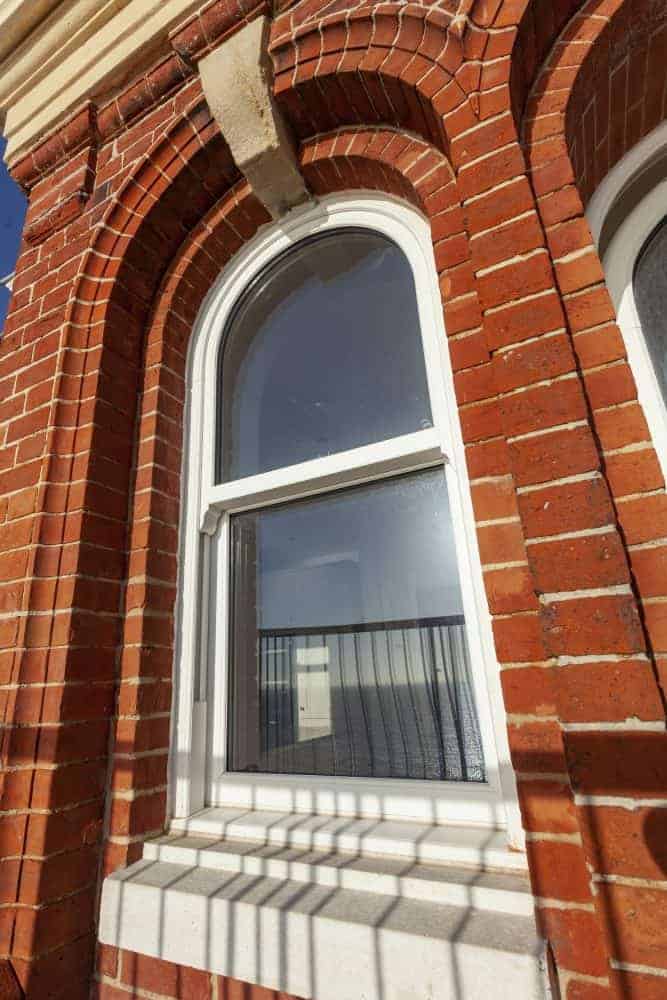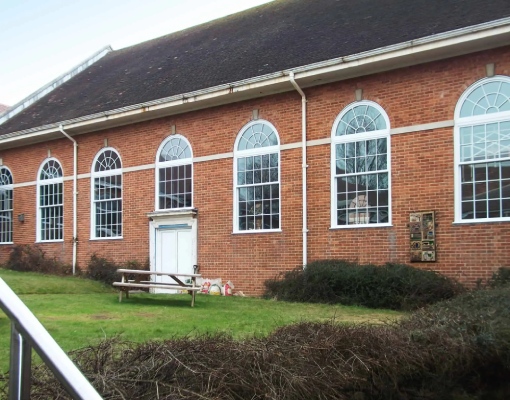Eco-Friendly Glazing: How Sustainable Glass
Practices are Shaping the Planet
When you find the right tool for a particular job, it’s a satisfying feeling. An even better feeling is when you find one that is right for lots of different jobs. If a conversation were to be had about the materials available to us in the 21st century, glass would feature pretty highly on the list of the most reliable and versatile. We’ve been making glass for thousands of years. In that time, we’ve used it for all sorts of things. Surprising, then, that even now – or maybe even especially now – we’re finding ways of improving it and new ways of using it. Here, we’ll see how the glazing industry is well on its way to becoming an ecologically sustainable one as well as how these practices can be seen in the wider built landscape. Let’s take a look.
How green is your glass?
Judging a material’s ecological impact is a complicated process. For a balanced assessment, we need to consider the environmental impact of extraction and production, the life-cycle of the material once it’s been made and the cost of its disposal once it has reached the end of its use. One of the great strengths of glass production is also one of its potential weaknesses: its use of natural raw ingredients. While it is certainly a good thing that it isn’t produced from man-made materials, the production of glass is fairly resource-intensive and the cost of taking those raw materials from the earth must be factored in too. Once these negatives are taken into account, though, glass can more than hold its own in the ecology debate. Here’s just a few of the reasons glazing is leading the way in the industry’s pursuit of sustainability:
Versatility
Longevity
When properly cared for, modern windows will last looking as good as new for decades. In the climate debate, this built-to-last ethos is essential – and if recent times are anything to go by, the life-cycle of windows will just keep on growing. At Mercury, we’re committed to the climate. Our products are made from the most Earth-friendly materials available, ensuring the most ethical use of our resources in the most sustainable way.
Energy efficiency
For every target set and restriction imposed, there is a community of people trying to devise ways to conform to them. The building industry has been subject to a raft of guidelines and legislation over the past few years and glazing practices have seen their fair share of them. In the UK, every window will have a Window Energy Rating (WER), ranging from A+ to G. The criteria for these ratings are set by the British Fenestration Rating Council and are based on three properties:
- the ‘U’ value (heat loss).
- the ‘L’ value (air leakage).
- the ‘G’ value (solar gain).
As a result of having been under such continuous pressure to evolve, glazing is no longer the efficiency weak point of a building that it once was. In fact, with modern technological advancements – like smart and solar glazing –it’s fast becoming the strong point.
Recyclability
Breathing new life into old glass
In its basic form, glass can be recycled infinitely. The downside to our advancements in the manufacturing of glass is that in the introduction of impurities, we make a material that isn’t as reusable as it was in its original state. Luckily, used glass still has plenty of life in it. In fact, our need to address the issue of it as a waste product has given rise to some ingenious new innovations. Here’s just a few of them.
Bricks
Insulation
Almost like rigid fibreglass, glass insulation is a lightweight, strong and non-combustible form of insulation made from crushed recycled glass. The crushed glass is then heated and a foaming agent is added, creating a cellular structure that is incredibly efficient and thermally and acoustically insulating.
Glasphalt
Framing success
So much emphasis has been placed on the efficiency of our lived spaces that it’s easy to see why industries like glazing are setting the pace for change. Tougher targets and increasingly ambitious ecological goals have meant that the built environment has had to make more adjustments more quickly than most. Reaching a sustainable and eco-friendly way of living is a complex process more than it is a simple action, but the foundations for this Earth-positive revolution have already been set. If you look closely enough, these foundations look an awful lot like glazing.
Cliff House, Felixstowe
VIEW PROJECTFoxhill House, Chester
VIEW PROJECTUniversity of Sussex, Brighton
VIEW PROJECTVarndean College, Brighton
VIEW PROJECTFrom sash windows to aluminium bifold doors, our high-quality products are engineered and manufactured right here in Britain. We work with fellow UK-operated companies, Spectus Window Systems, Smart Systems, and Jack Aluminium Systems, to deliver only the very best to our trade, commercial and residential customers.
How much do French doors cost to install in the UK?
The cost of installing French doors in the UK varies depending on the size, material, and design. At Mercury Glazing, we offer competitive pricing tailored to your specific needs. Please contact us for a personalised quote.
How to fit door handles?
Fitting door handles can be a straightforward process. First, measure and mark the position on the door, drill the necessary holes, then attach the handle with screws. For detailed instructions or professional fitting services, feel free to reach out to us.
How to replace patio doors?
Replacing patio doors involves removing the old doors, preparing the opening, and installing the new doors. It's a task best handled by professionals to ensure a perfect fit and functionality.
How much do patio doors cost?
The cost of patio doors varies based on size, material, and design. Contact us at Mercury Glazing for a bespoke quote that matches your specific requirements.
How much are French doors?
The price of French doors depends on the material, size, and design details. We offer a range of options to suit various budgets. Please get in touch for a tailored quote.

